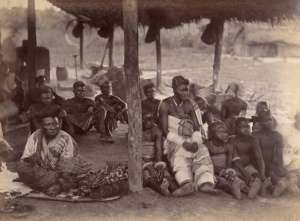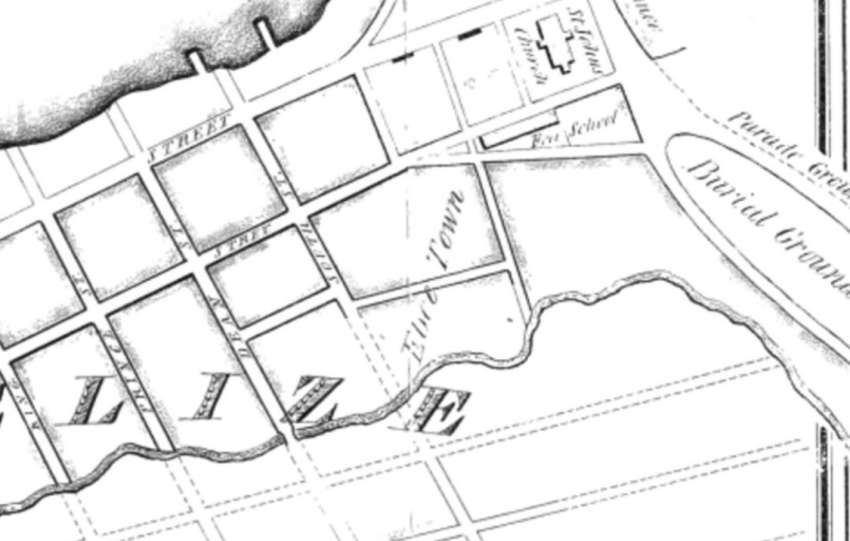
Trade-by-Barter
“Trade-by-Barter” was a common practice in all the markets in Ala Igbo before the introduction of the cash economy.
People exchanged goods like farm produce, livestock, crafts, and services without using money. Goods were exchanged based on their perceived equivalent value, determined by supply and demand.

Barter trade took place on designated market days, usually every four or eight days. Common trade items included yams, palm oil, kola nuts, goats, chickens, and woven baskets.
Services like blacksmithing, weaving, and pottery were also exchanged for goods.
Barter trade fostered social relationships, cooperation, and mutual support within the community. Prices were negotiated based on the quality, quantity, and demand for the goods. Trust and reputation played a crucial role in successful barter transactions.
Trade by barter in Igbo land reflects the resourcefulness, resilience, and community spirit of the Igbo people.





1 Comment
Juliet David
Wow